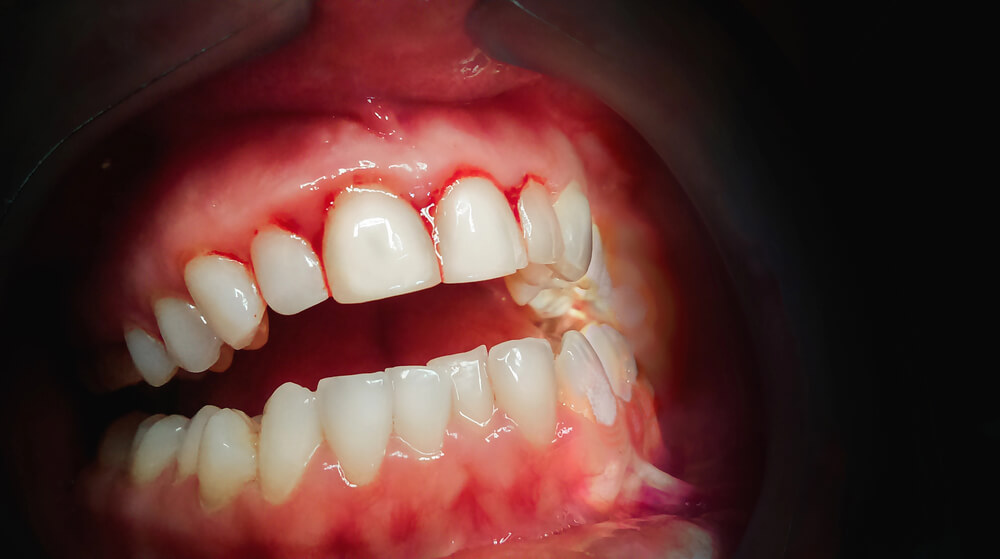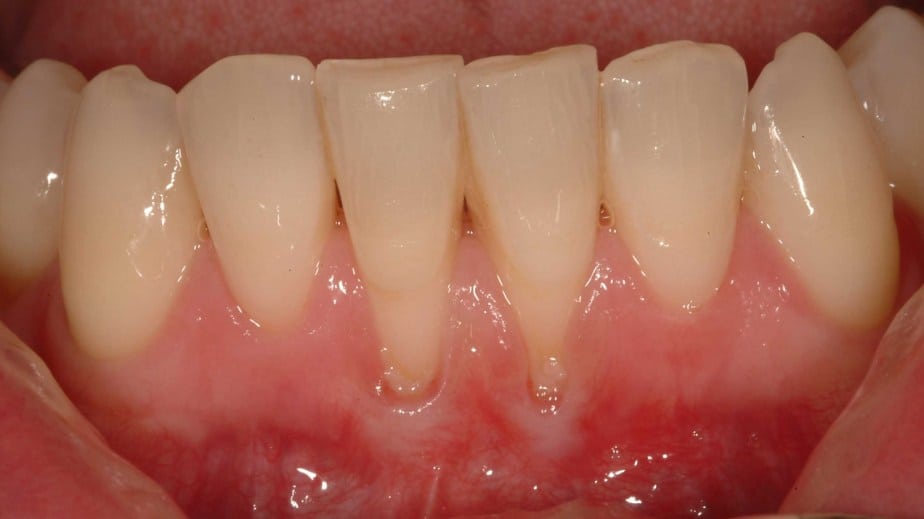

Gum disease, also referred to as Periodontal disease, is a prevalent condition that affects the tissues surrounding the teeth. Recognizing the warning signs of gum disease is crucial to seeking timely treatment and preventing further complications. One of the early indicators of gum disease is the presence of red, swollen, or bleeding gums.
If your gums are tender to the touch, appear red or swollen, or bleed during brushing or flossing, it may be a sign of gingivitis, the initial stage of gum disease. Failure to address these symptoms can lead to more severe complications, such as Periodontitis, which can cause irreversible damage to the gums and bone that support the teeth. Another key indicator of gum disease is persistent bad breath and a lingering unpleasant taste in the mouth.
This is often caused by the accumulation of bacteria in the mouth, which can lead to an infection in the gums. If you experience persistent bad breath or an unpleasant taste in your mouth, it may be a sign of gum disease. It is essential to discuss these symptoms with your family dentist to prevent the progression of the disease and maintain good oral health.
Don’t ignore red, swollen, or bleeding gums! These could be early signs of gum disease, a sneaky culprit that can lead to tooth loss if left unchecked. Healthy gums should be firm and pale pink, fitting snugly around your teeth. But when plaque, the sticky film harboring bacteria, builds up on your teeth and gums, it can trigger an inflammatory response. This inflammation is what makes your gums turn red, puffy, and bleed easily, even with gentle brushing or flossing.
While gingivitis, the early stage of gum disease, is reversible with good oral hygiene and professional cleanings, ignoring these warning signs can allow it to progress into periodontitis. Periodontitis damages the underlying bone that supports your teeth, leading to serious complications. So be proactive! If you see any signs of gum trouble, schedule a dental visit to nip gum disease in the bud and keep your smile healthy.
Bad breath, also known as Halitosis, can be a sign of poor oral hygiene and gum disease. When bacteria in the mouth break down food particles and other debris, they can release foul-smelling gases that cause bad breath. If you find that you have persistent bad breath despite brushing and flossing regularly, it may be a sign that you have gum disease.
In addition to bad breath, you may also experience a persistent bad taste in your mouth, which can be caused by the build-up of bacteria and infection in the gums. It is important to address these symptoms with your dentist in order to prevent the progression of gum disease and maintain good oral health. Your dentist can evaluate the health of your gums and recommend a treatment plan to address the underlying cause of bad breath and persistent taste.
In addition to professional dental care, practicing good oral hygiene at home is essential for preventing and treating gum disease. This includes brushing your teeth twice a day, flossing daily, and using an antiseptic mouthwash to help reduce plaque and bacteria in the mouth.

As gum disease progresses, it can cause more advanced symptoms such as receding gums and loose teeth. Receding gums occur when the gum tissue pulls away from the teeth, exposing the roots and making them more susceptible to decay and infection. This can lead to tooth sensitivity and an increased risk of tooth loss if left untreated.
In addition to receding gums, advanced gum disease can also cause the teeth to become loose or shift in position. This is a result of the destruction of the bone and tissues that support the teeth, which can ultimately lead to tooth loss. If you notice that your gums are receding or your teeth feel loose, it is important to seek treatment from your dentist as soon as possible.
They can evaluate the health of your gums and recommend a treatment plan to address the advanced signs of gum disease. In some cases, surgical intervention may be necessary to repair the damage caused by advanced gum disease and restore the health of the gums and supporting tissues.
Gum disease has been linked to a number of serious health conditions, including heart disease, diabetes, and respiratory infections. When left untreated, gum disease can allow bacteria to enter the bloodstream and travel to other parts of the body, potentially causing inflammation and damage to other organs. This can increase the risk of developing chronic health conditions such as heart disease and diabetes, as well as exacerbate existing conditions such as respiratory infections.
In addition to its impact on overall health, gum disease can also have aesthetic consequences such as tooth loss and changes in facial appearance. As gum disease progresses, it can cause irreversible damage to the gums and bone that support the teeth, leading to tooth loss and changes in the shape and structure of the face. This can have a significant impact on a person’s self-esteem and quality of life.
It is important to recognize the signs of gum disease and seek treatment in order to prevent these serious consequences and maintain good oral and overall health.
Gum disease, also known as periodontal disease, is a surprisingly common problem that can impact your oral health and even your overall well-being. But the good news is, gum disease is largely preventable with a consistent oral hygiene routine and regular dental check-ups at a dentist near you. By taking care of your gums, you’re not just safeguarding your pearly whites, you’re also contributing to your overall health. Studies have linked gum disease to an increased risk of heart disease, stroke, and diabetes. So, let’s explore some key tips to maintain healthy gums and keep your smile bright for years to come! Keep Your Smile Shining: Preventing and Treating Gum Disease.
In conclusion, being aware of the warning signs of gum disease is crucial for maintaining good oral health. From bleeding gums to persistent bad breath, these indicators should not be ignored. If you suspect that you may be suffering from gum disease, it is important to seek professional help as soon as possible.
Legacy Family Dental in Murfreesboro TN, offers effective treatment options for gum diseases to help you regain a healthy smile. Our team of experienced professionals is dedicated to providing top-notch care and personalized treatment plans tailored to your specific needs.
Don’t let gum disease take a toll on your oral health. Take action today and schedule an appointment with Legacy Family Dental to receive the quality care you deserve. Your smile will thank you for it!